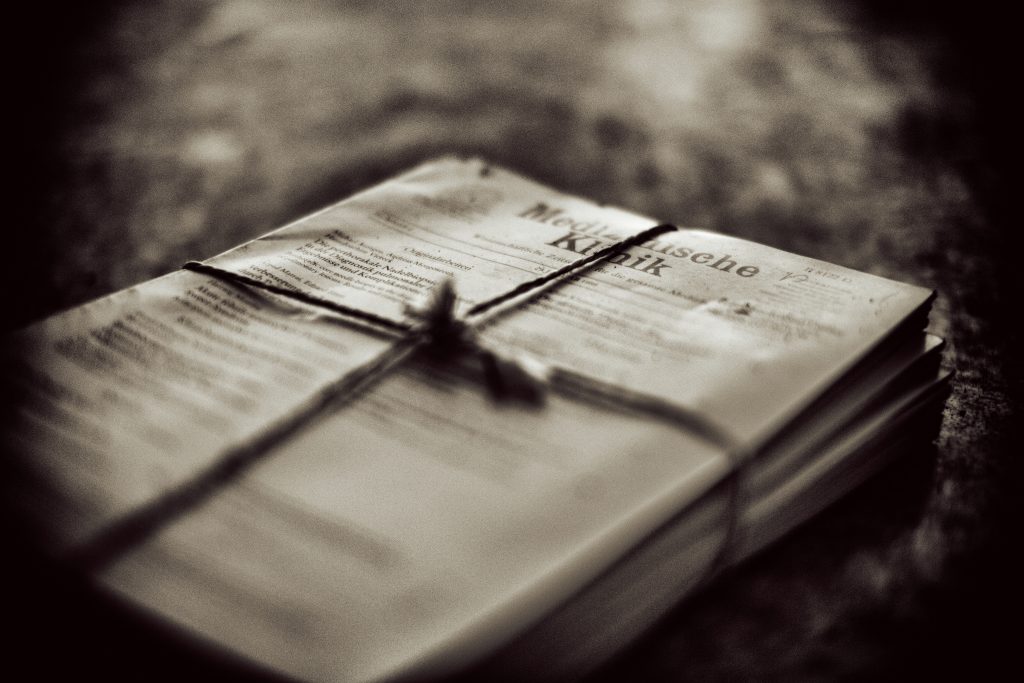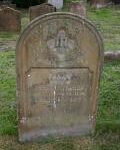Guest Posting from The Genealogy Insider:
My first experience with adding a newspaper article to my family tree was on Ancestry.com. I was researching my great-great-great-granduncle, Daniel Scott Wakenight (1851 to 1930).
Daniel was in the newspaper business. He started out buying a newsstand in 1877. He later became a reporter and moved to Pittsburgh to report on the conditions of the oilfields in Pennsylvania.
The articles I found on Ancestry were not ones that Daniel had written, but they did mention his name. He went by D. S. instead of Daniel Scott.
- In 1885, The Daily Gazette in Fort Wayne, Indiana, had him listed as a Newspaper Agent.
- In 1890, The Sandusky Daily Register in Sandusky, Ohio, mentioned that he was “in the city.”
- In 1930, The Oil City Derrick in Oil City, Pennsylvania, published his retirement and death notice, which occurred one month later.
- In 1952, The Oil City Blizzard in Oil City, Pennsylvania, published a “Looking Backwards” section. In 1882, D.S. had sold his business in Millerstown and was moving to Ohio.
With each of these articles, I found that I had a timeline that I could use on his profile page. I knew when he had bought and sold his newsstand. I knew when he had moved to Pittsburgh and where he worked until his death.
Most people, during their lifetime, have undoubtedly collected clippings of birth, marriage, and obituary notices. You should include copies of these events, with the specific dates of the occurrences. When you are on your family tree website, remember that they have a “Newspapers and Periodicals” section for your use.
The various “Gazetteers” are also worth your notice. They supply geographical information on specific places that might not appear in maps or atlases. I have used the Gazetteers on Genuki. in England to locate small parishes, churches, and cemeteries that I would not have found anywhere else.
You will find that not all newspapers are on your family tree website; however, a majority of these companies have created online sites of their own. Most have archives of past issues that are available for a fee or at no cost to you.
I have used these types of websites many times, especially when I am looking for a relative that lived in a small town. If they are not online, I call them to see if a record search is possible.
If the newspaper is no longer in business, there are usually historical societies that you can contact. Many times, people will donate old newspapers and periodicals to these places to preserve the history of that area.
Another excellent source is the local library, where many keep old newspapers and periodicals for the same reason. There are also state and federal archives that you can use, too.
The historical value of the area is key to records collection. People know that without the written word, we would have no documented history to relate to our descendants. Oral history can change with each recital, becoming something entirely different with each repetition.
I hope this article has given you thought about how to create more depth in your ancestor’s profile. I believe that the more we can add to a person’s life history, the more “real” that person will feel to you.
If you have any suggestions on other places we can look for this type of information, please leave a comment below.
Photo by Dennis Muller on Unsplash.



Leave a Reply